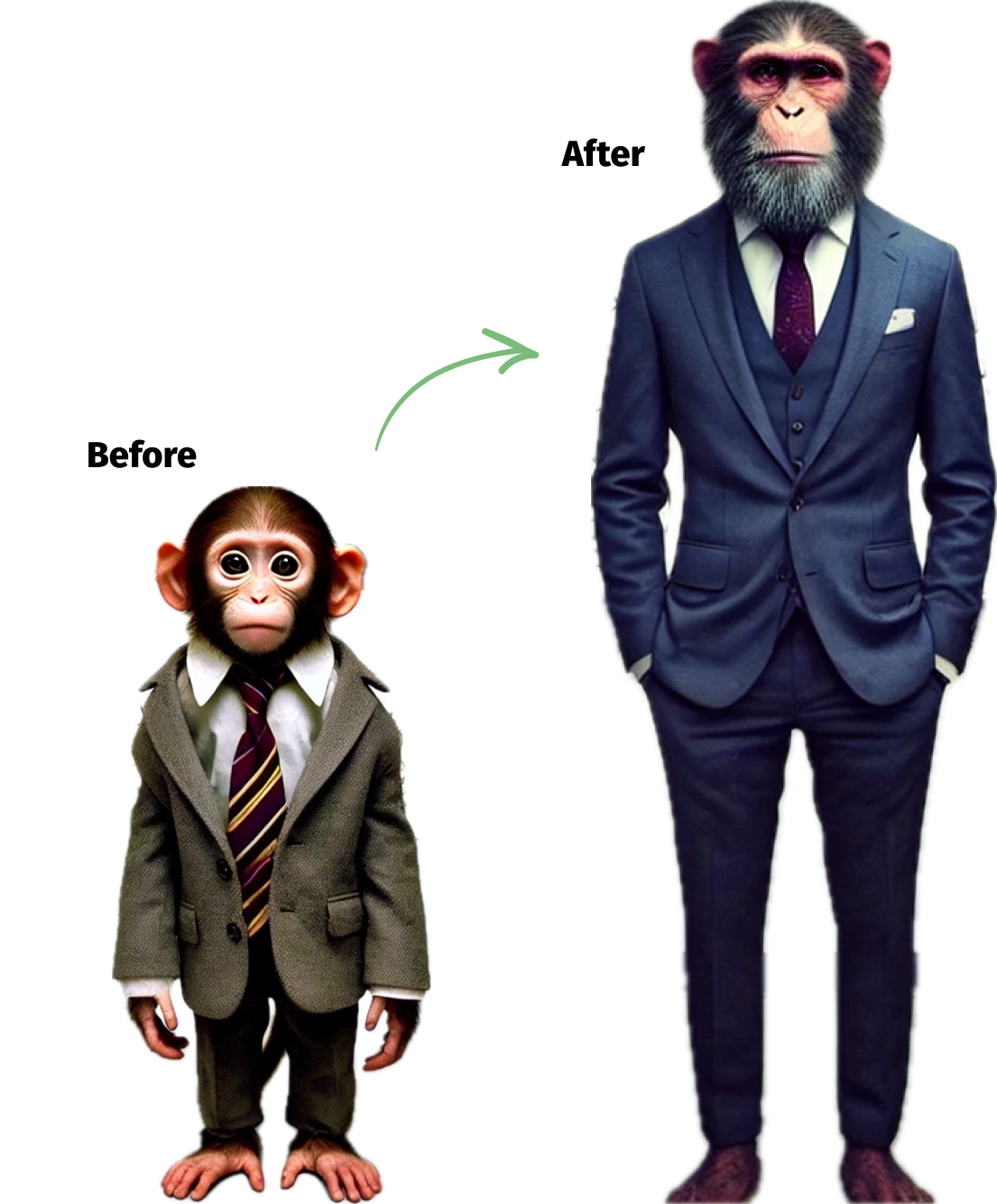




We strongly recommend a one-day ‘Booster’ workshop six to twelve months after the Masterclass. The impact of training tends to decline over time, so the Booster encourages participants to fully implement the lessons of the Masterclass – and maximises the payback from our training.
The aims of the Booster are
Most clients prefer to allocate some time to analysing one or more real-world situations that are imminent or recent.
The Booster day is built around two negotiation exercises: a one-on-one in the morning and a team negotiation in the afternoon. To save planning time the second simulation is a follow-up deal to the first. As with the Masterclass, video playback and analysis of the exercises brings to life the key learning points and provides personal feedback to participants.
Each exercise gives participants the opportunity to practise the planning and conduct of a complete negotiation and to refresh their knowledge and understanding of the tools and techniques covered in the Masterclass.
Participants share their experiences in implementing the skills and techniques acquired on the Masterclass, describe any problems they have encountered, and work together to develop solutions.
They also develop Individual Action Plans to help ensure full implementation of the course lessons in their real world negotiations.
We will contact you ASAP

The Monkey is one of the vivid images we use in our training to make a key concept memorable. This image in particular has become a totem for our firm: a toy monkey attends every course, and the BBC made a documentary about us titled The Monkey Man.
A “monkey on your back” is a problem you have – in negotiation terms, that makes you want a deal even on bad terms. E.g. you’re under time pressure / you don’t have any other offers / you think the quality of the other offers is poor.
Monkeys lead most negotiators to underestimate their own relative power and so negotiate too ‘chicken’. And there is a structural reason for this error. – When you look at your own situation you are only too aware of your own monkeys. But the other party may not be aware of these factors.• At the same time, the other guy has problems too – and he isn’t going to tell you about the monkeys on his back as this would only weaken his position. • So you have a distorted view of the power balance. It’s distorted because you have taken account of all your monkeys, but have not allowed for the monkeys he almost certainly has on his back – because you don’t know about those. And the distortion is always in the same direction: it always leads you to underestimate your own power.